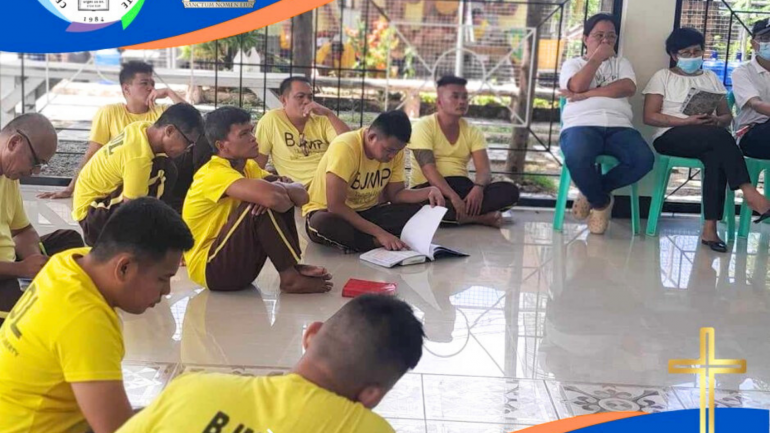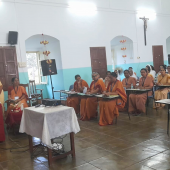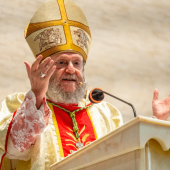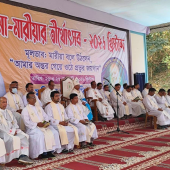Cebu Priest Defends Pope Francis’ Legacy Amid Conservative Criticism

Less than a week before the conclave begins, American and Italian media have reported that conservative cardinals are attacking the legacy of Pope Francis.
Their critique, published in Western media, is a far cry from the admiration expressed by Church and world leaders following the late pontiff’s death on April 21.
Dubbed by the faithful as “the Pope of the Peripheries” and “the People’s Pope” for his humble approach to the papacy, Francis earned global approval through his genial humility and bold leadership, which ushered the Catholic Church into the present-day era.
However, just days before the conclave, some conservative cardinals have criticized Francis’ legacy in closed-door pre-conclave meetings and media interviews—a development that could influence the electors of the College of Cardinals as they prepare for the conclave set to begin on May 7, 2025.
In particular, Western media quoted retired Cardinal Beniamino Stella, who once served as prefect of the Dicastery for the Clergy during Francis’ pontificate. Reports say the 84-year-old Stella grew at odds with Francis for “imposing his ideas.” The Italian cardinal criticized Francis for “divorcing Church governance from ordination” by appointing men and women to positions of authority in the Roman Curia.
But for Cebu diocesan priest Fr. Monico Catubig, one of Francis’ greatest legacies is his openness and accessibility to the poor and marginalized—clear expressions of his stance against clericalism.
Francis’ critique of clericalism is well known. In 2016, he said during a morning Mass with members of his international Council of Cardinals that modern-day priests “feel superior; clerics distance themselves from the people” and that the poor and humble suffer.
Fr. Catubig couldn’t agree more.
“Clericalism and rigid formalities are choking the Church,” he said.
In an interview with Radio Veritas Asia, Catubig—who heads the Cebu Archdiocesan Prison Apostolate—said history has shown that humans “use knowledge to dominate, not to serve.”
“There are people in positions of power who use knowledge to take advantage of those under their authority. Domination has given rise to complex social issues that affect the poor,” he added.
In the course of his apostolate, Catubig discovered that many people behind bars are baptized Catholics “but not evangelized, or do not understand the faith.”
He said Francis’ closeness to the prisoners of Rome inspired him to bring the Gospel and sacraments—along with healing Masses and deliverance prayers—to persons deprived of liberty (PDLs) in 13 jails across Metro Cebu.
Describing the prison cell as “the secret garden of God’s love and mercy,” he shared that his ministry has helped many PDLs turn to God.
“Many have gone to confession after decades of separation from the Church,” Catubig said.
As part of his program, he also visits the families of the prisoners and even their victims, organizing family prayers for healing and deliverance. In addition, he has forged partnerships with private groups and volunteers who provide free legal and paralegal aid to PDLs.
Radio Veritas Asia (RVA), a media platform of the Catholic Church, aims to share Christ. RVA started in 1969 as a continental Catholic radio station to serve Asian countries in their respective local language, thus earning the tag “the Voice of Asian Christianity.” Responding to the emerging context, RVA embraced media platforms to connect with the global Asian audience via its 21 language websites and various social media platforms.














